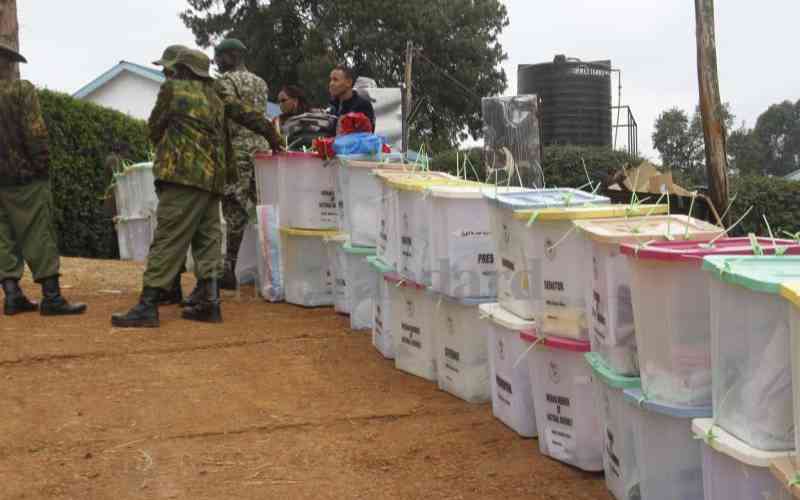×
The Standard e-Paper
Kenya’s Boldest Voice

The dust has yet to settle on Kenya's hotly contested presidential elections.
Azimio supporters are still stunned by the outcome, while Kenya Kwanza supporters are overjoyed with their victory.